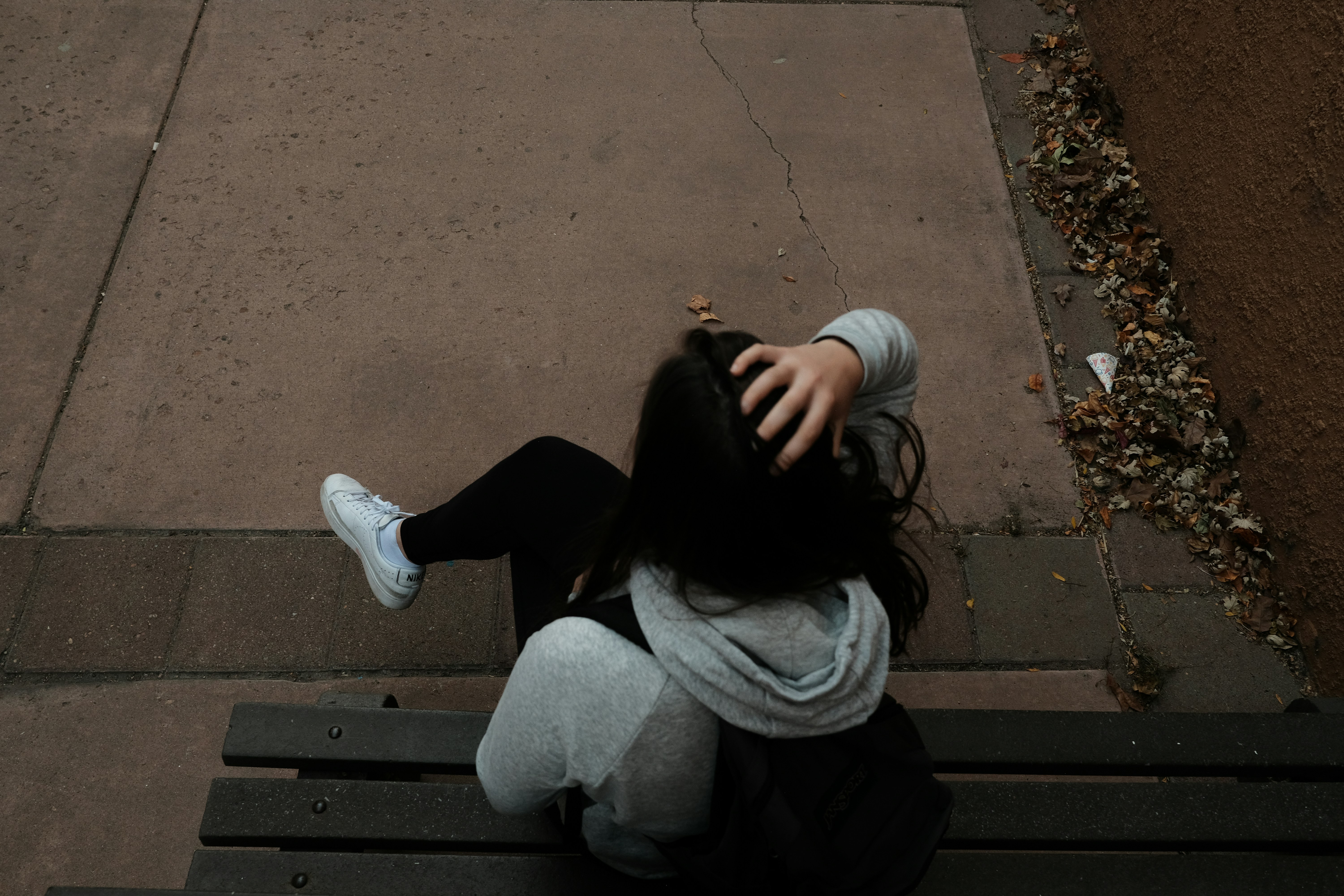In sexual assault trials, the Prosecution may seek to adduce evidence about the relationship between the accused and the complainant, including evidence of uncharged sexual assaults. Evidence of this kind is referred to as context evidence.
Why is evidence of uncharged acts put before the jury?
The purpose of adducing context evidence is to place the charged act on the indictment in its true context for the jury.
For example, in a sexual assault trial, where the accused is an adult and the complainant is a child, the Prosecution may want to adduce context evidence to establish prior sexual activity between the complainant and the accused.
The Prosecution may seek to adduce context evidence not to prove the guilt of the accused in relation to the charged act on the indictment, but to explain the complainant’s behaviour, which may have otherwise appeared surprising and therefore implausible to a jury (RG v R [2010] NSWCCA 173, Simpson J at [38]). For example, context evidence about prior sexual activity between the accused and the complainant may help the jury understand the complainant’s lack of surprise or failure to complain, or why, on the occasion charged, the complainant did not rebuff the accused (Gipp v The Queen (1998) 194 CLR 106, Gaudron J at 112-113 [11]-[12];KRM v The Queen (2001) 206 CLR 221, McHugh J at 268-269 [24]).
Context evidence therefore has the effect of strengthening the credibility of the complainant’s evidence.
Danger of unfair prejudice to the accused
Leading evidence of uncharged sexual assault allegations before the jury is in almost all cases inherently prejudicial to the accused.
The court may exclude evidence under s 137 of the Evidence Act 1995 (NSW) which states that ‘in a criminal proceeding, the court must refuse to admit evidence adduced by the prosecutor if its probative value is outweighed by the danger of unfair prejudice to the defendant’.
To be relevant and not excluded under s 137 of the Evidence Act, the evidence must shed light on an issue in the trial, such as a lack of complaint when the charged act occurred (JDK v R R v JDK [2009] NSWCCA 76, McClellan CJ at CL at [32] citing DJV v R at [17]). There must be an issue which the evidence may explain or resolve by placing the alleged events in their true context (DJV v R [2008] NSWCCA 272, McClellan CJ at CL at [29]).
Unless the other evidence in the trial and the issues which it raises make it relevant to prove the “context” in which the alleged offence occurred, the evidence should be excluded (DJV v R [2008] NSWCCA 272, McClellan CJ at CL at [28]).
How the jury may use context evidence
If context evidence is admitted in a sexual assault trail, the dangers of its misuse are significant and the judge’s directions to the jury must be clear so that the jurors understand the limited purpose for which they may consider that evidence (DJV v R [2008] NSWCCA 272, McClellan CJ at CL at [28]).
The jury should be clearly instructed that evidence of uncharged sexual acts may only be taken into account if the jury is satisfied that conduct occurred, and it can only be used for the purpose of determining whether a sexual relationship existed between the accused and the complainant. The jury cannot use context evidence to reason that the accused is the kind of person that has a tendency to commit the offence charged (R v Hagerty (2004) 145 A Crim R 138 [23]; Qualtieri v R (2006) 171 A Crim R 463 [73]-[81]).
Should you or someone you know be charged with an offence, it is essential you receive legal advice from an experienced criminal defence lawyer at any early stage. To discuss your options, call Hugo Law Group in Sydney, NSW (02 9696 1361), Canberra (02 5104 9640), Perth (08 6255 6909) to make an appointment to speak to one of our lawyers.
